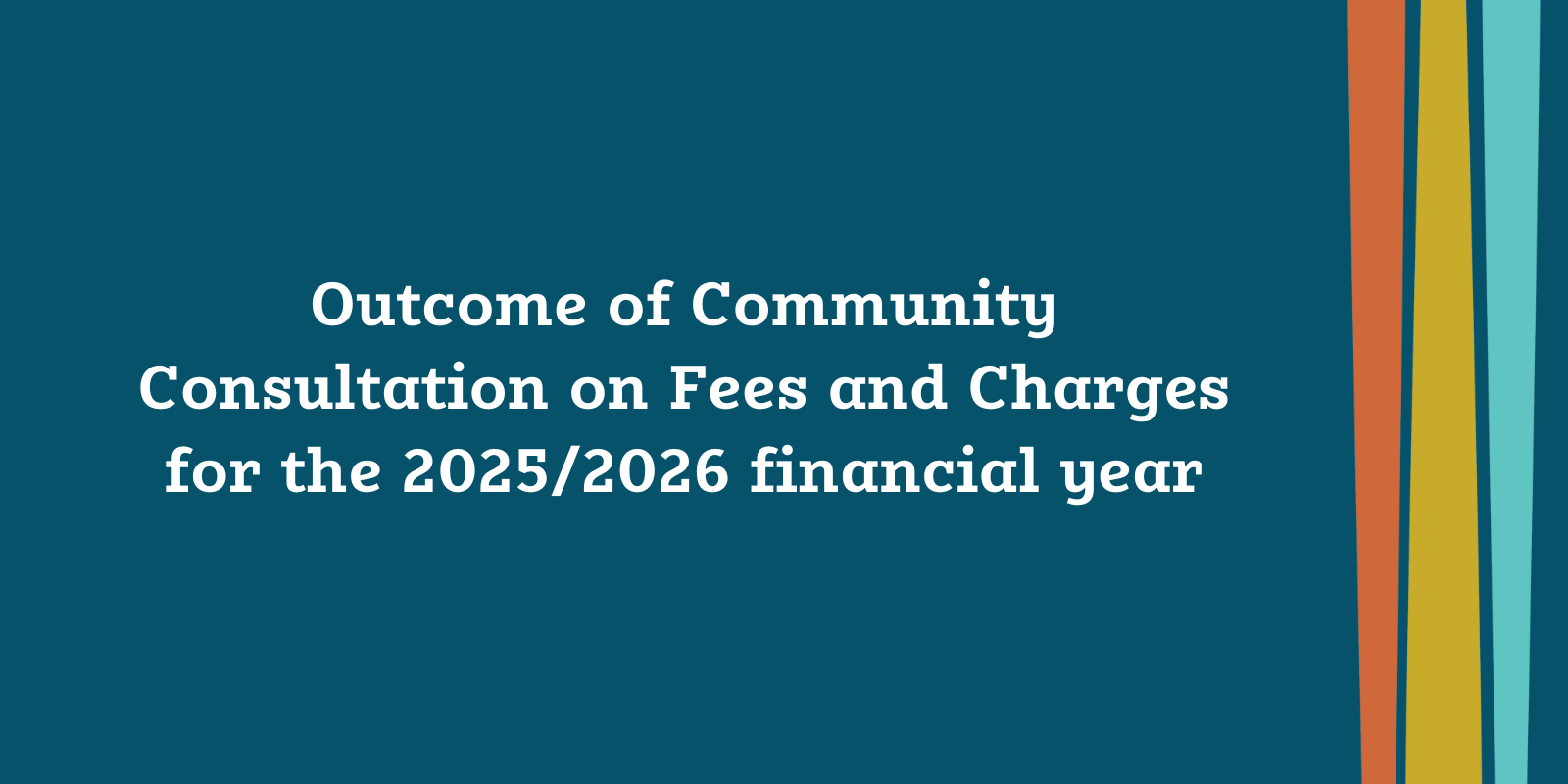Earlier this year, as part of the planning for council’s 2025/2026 Annual Plan, the Councillors proposed changes to excess water charges, the introduction of user pays for some public toilets and other changes to fees and charges.
These proposals were consulted on with the community. At the Council meeting held on 17 June 2025, Councillors considered the submissions received and made the following key decisions:
Water Charges
- The excess water use threshold for every township connection will be set at 500m3 per annum. Excess water charges will be billed every quarter, but there will be no charge until the 500m3 threshold is reached. The charge for excess water use will be $2.00 + GST per m3 ($2.30).
This will apply to all township water connections i.e. Twizel, Fairlie, Tekapo and Burkes Pass, as meters are rolled out. Commercial use meters are already in place in Fairlie, Tekapo and Twizel. Residential metering, which is in place in Twizel, is currently being rolled out in Tekapo. Fairlie and Burkes Pass will follow. Further information regarding billing and how to read water meters will be provided to the community in the next few weeks.
Charges for Public Toilets
- The toilets at the southern end of Lake Pukaki and at Hamilton Drive in Tekapo will be user pays. Councillors have set the charge per use as $1.50 (electronic payment) and $2.00 (coin payment).
- Councillors confirmed a greater allocation (40%) of public toilet maintenance and cleaning costs to be allocated to the Tourism and Economic Development Rate (primarily affecting businesses, and commercial and short-term accommodation).
Other Charges
- Councillors confirmed the proposed changes to other fees and charges will remain as initially proposed.
Impact on Rates
The excess water use and public toilet charges decisions result in a lower overall rate increase. The forecast overall rates increase for 2025/2026 is 10.7%. (This is because the increased charges for excess water users means a reduction in the overall increase in fixed water charges which are paid by all township connections across the district – and the user pays charges for the toilets reduces the burden on ratepayers).
